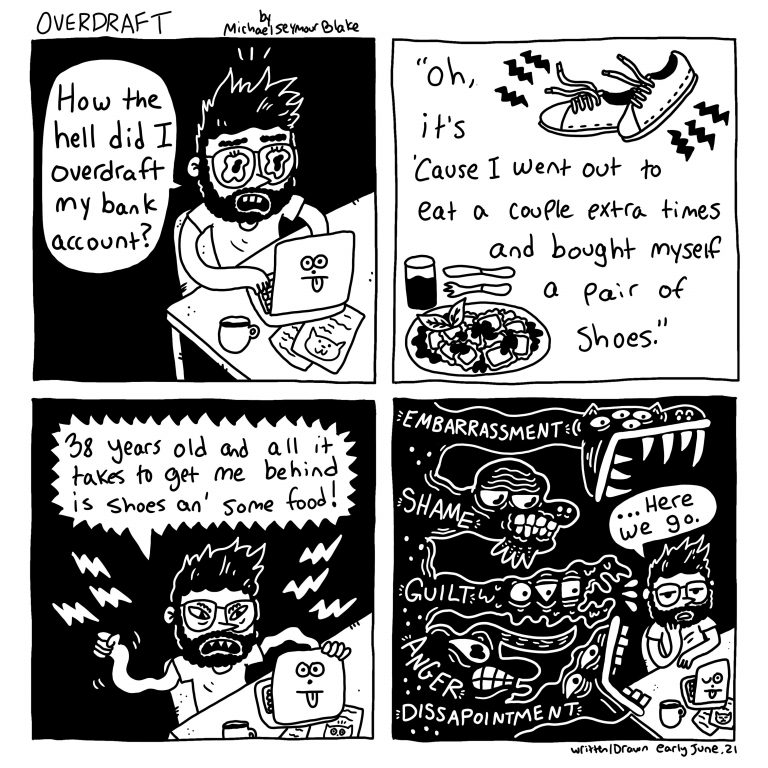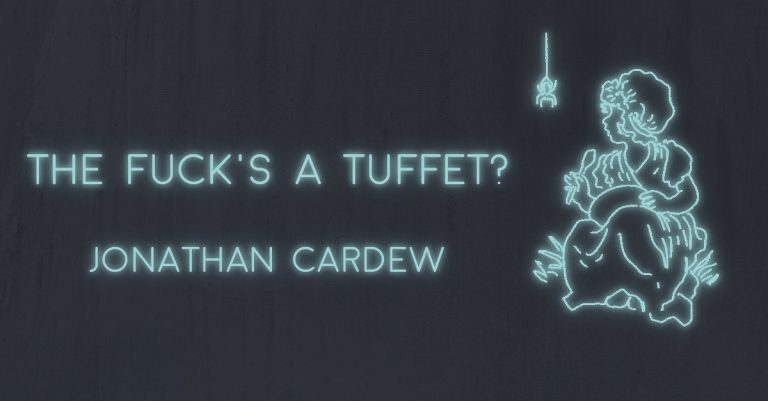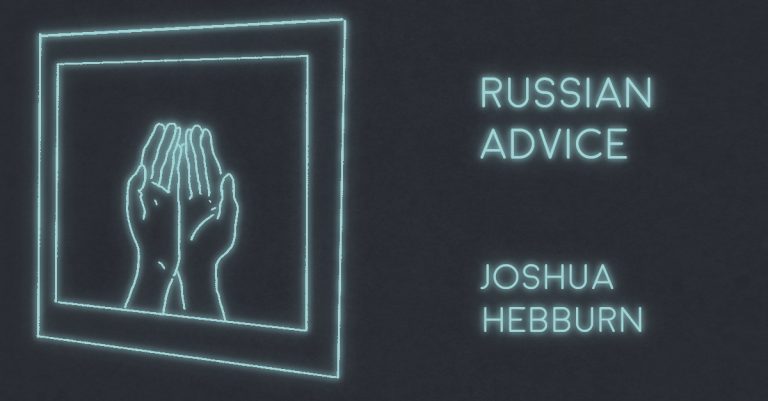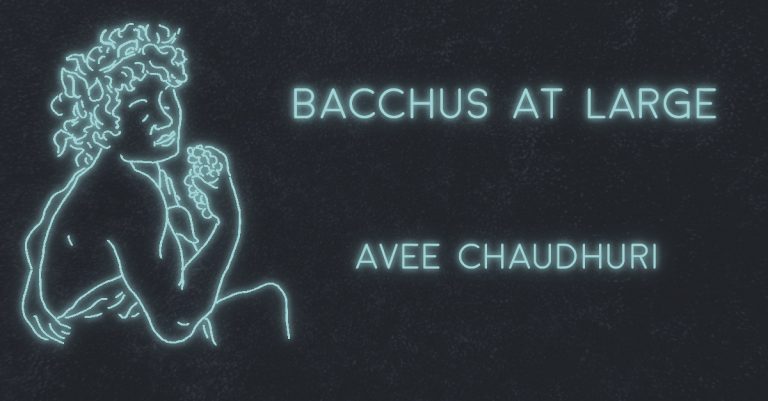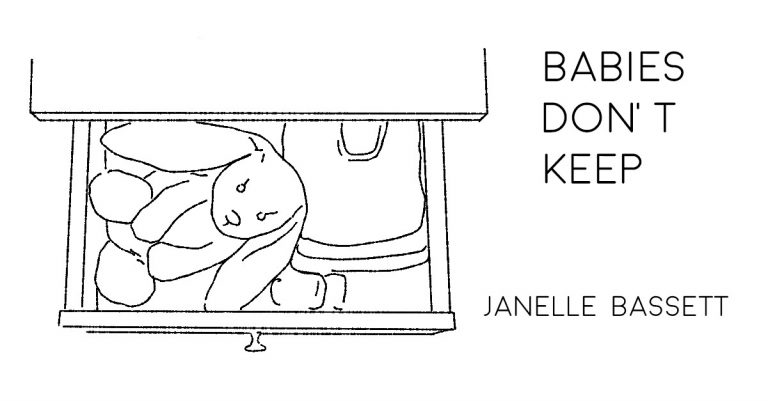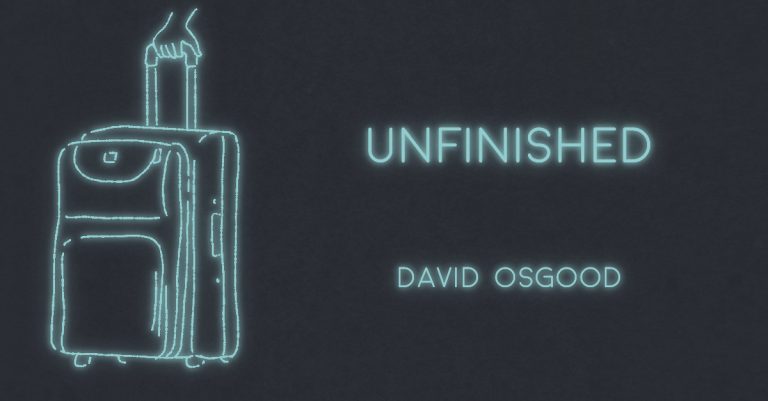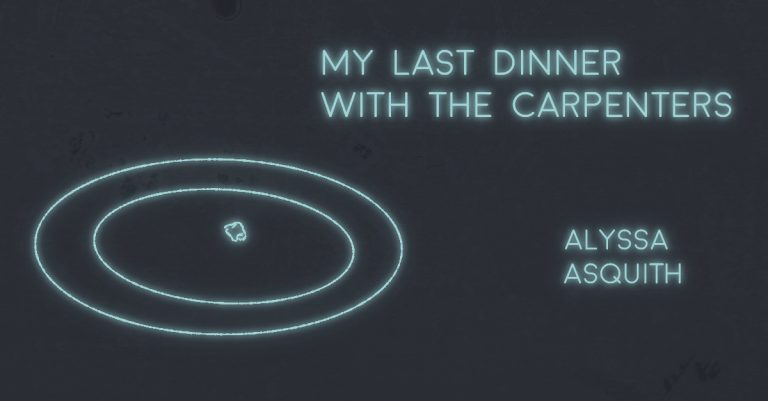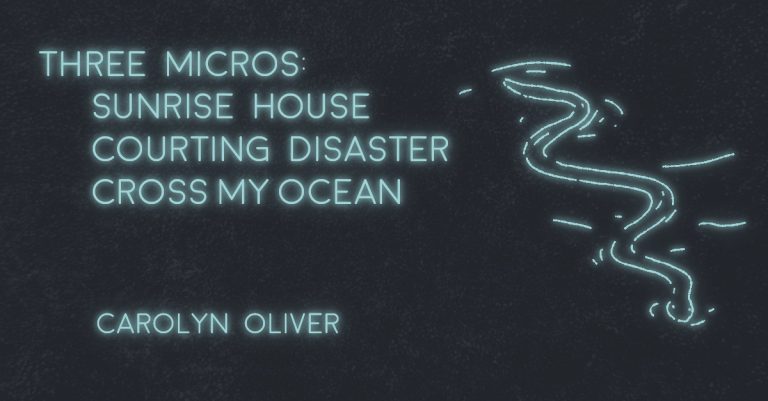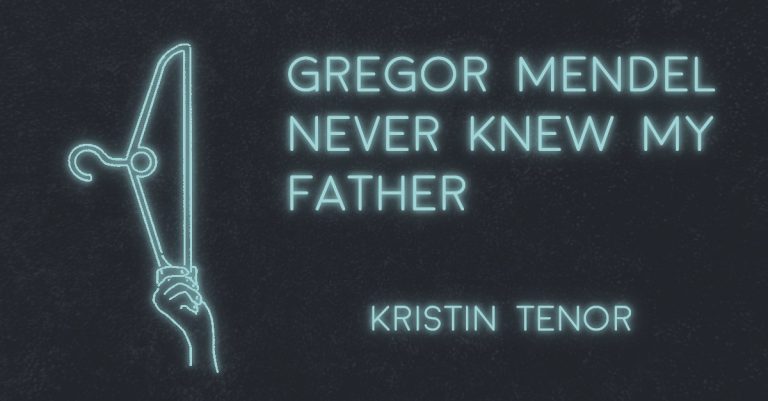
GREGOR MENDEL NEVER KNEW MY FATHER by Kristin Tenor
Mr. Chavez stands in front of the classroom and talks about peas. Green peas, yellow peas, wrinkled peas, smooth-as-Mr. Chavez’s-bald head peas. He says when two different varieties are sown together under a blanket of dark, loamy soil, they sometimes yield plants with pods containing green and wrinkled peas or yellow and smooth or maybe they’ll come out the same shade of chartreuse as the faded bridesmaid’s dress hidden in the back of your mother’s closet, the one she wore the night she met your father and got drunk on wild dandelion wine for the first time and conceived you,

